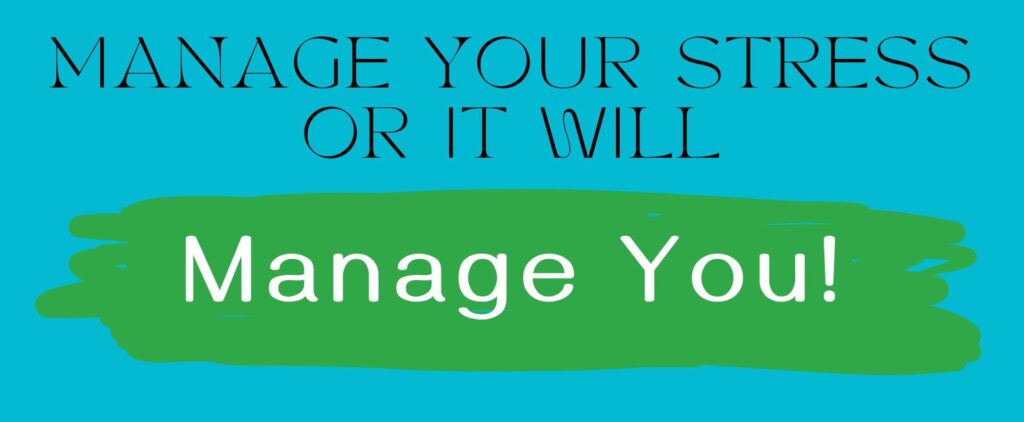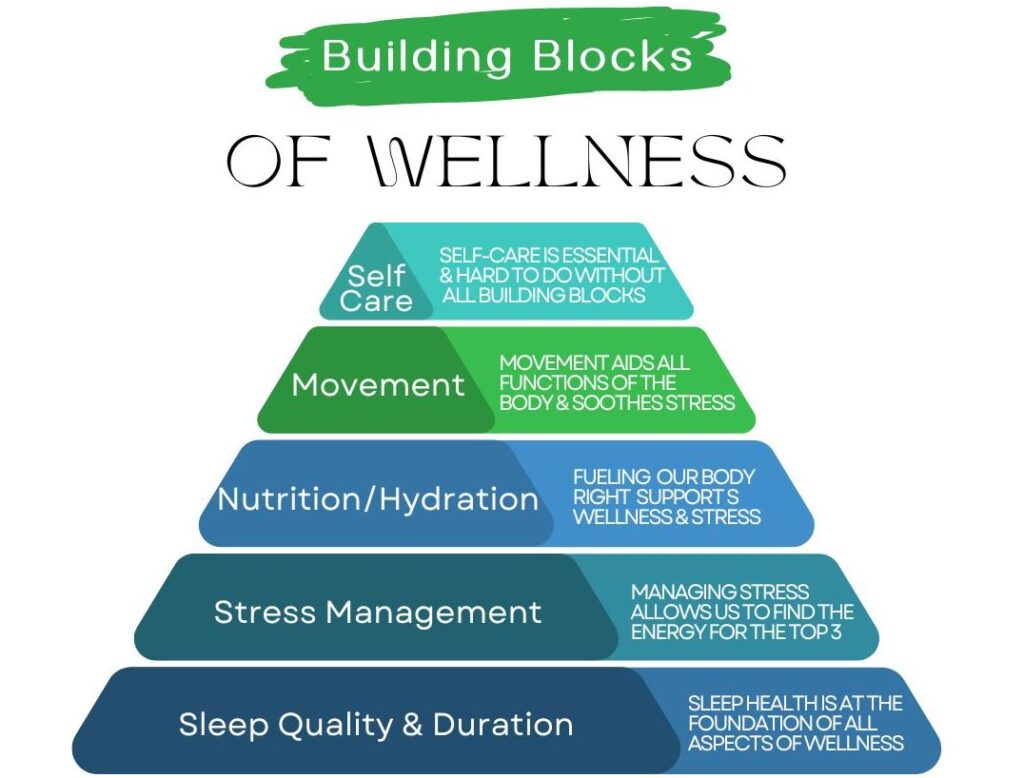
EVERYONE IS BURNT-OUT. You are. We are. They Are. He Is. It’s affecting everyone! The last few years have taught many of us how to ‘hang in there’ but even the most well prepared are having a hard time. Our team members need more support because like Ferris Bueller says, ‘Life Moves Pretty Fast’ so we have to keep up.
Covid came on quickly and impacted every aspect of our lives without much warning. This is like a fire alarm going off in a person’s stress response system. Most stress occurs when we don’t have the resources (time, money, energy, knowledge, product, emotion, etc.) to deal with a particular stressor. A stressor can be anything that activates our fight or flight response. Now that we are on the other side of that pandemic, many of us find ourselves drained and emotionally underprepared to take on the ‘THE NORM.’ We hear our participants say all the time that they feel like COVID was a distant memory because so much has happened in their lives since 2020.
When a person senses stress, the body follows a prescribed reaction. First it sends adrenaline throughout the body which revs up the heart and breathing rate of the person. This leads a person to overthink how to ‘survive this threat’ and all systems that are not necessary for survival take a back seat. Backseat reactions include emotional output, digestion, reproduction, and immune function, just to name a few.
If you think about human beings 20,000 years ago, our stress kept us safe from other humans, animals, lack of food or water, unsafe territory, etc. to allow us to evolve. Today, thankfully, most of us don’t have to fight or flight for our survival anymore, but we still have the same responses to feeling threatened. Typically a reaction to a threat/stressor come in the form of too many emails, nagging children, car accidents, and unpaid bills. Same Responses- Different Stressors!
At Wishing Well Works, we talk about the building blocks of wellness. Each building block plays a role in a well-balanced and supported life full of health and well-being.

Stress and its’ health impacts remain on the forefront of corporate well-being. Here are some top ways a business can reduce the fight or flight responses of their team members:
- Create a stop work time that lets employees know they are not expected to respond to emails, messages, or task lists
- Evaluate each position to ensure that all full-time employees can complete their responsibilities within a reasonable time each week
- Cross-train employees and create work clusters to support individual team members
- Provide educational opportunities that help employees better understand their personal stress and how to manage their reactions to stressors
- Create a well-being program that hits on all areas of wellness, has executive support and participation, and is well-communicated
- Rearrange office space to create an environment of well-being (even the smallest changes are meaningful…ask us for a list of ideas!)
- Review compensation packages every 1-2 years to ensure they keep up with inflation OR find other ways to support the financial needs of team members (finances are the number one stressor!)
To really get to the core of how to manage our stress we need to listen to our body and ask the following questions:
- What does my body need that it isn’t getting enough of?
- How do I feel on an average day?
- Where is my stress coming from?
- Who/What is connected to my stress?
- What specifically can I do to reduce the amount of stress I am feeling?
In most cases a person CREATES their own stress. Because stress is a REACTION to something. While we can’t control what happens to us, we can learn to control our reaction to it. This is by far the hardest part of managing personal stress. Most of the time our reactions are learned and/or guided by our thoughts, beliefs, and values.
For example, if when someone cuts you off in traffic you get really stirred up about it, ask yourself why? If you choose to let it go does that change how it makes you feel? Does it change the outcome of the situation if you react with anger? This is a hard pill to swallow because it means that at the center of our stress is US which means WE need to make changes to our lives to change how we typically react to stressors.
It is true that sometimes, no matter what changes you make, the stress is still overwhelming. This is when we must make stress reduction and management a priority. We need to create boundaries, examine our expectations, create time-management systems, evaluate current lifestyle, make necessary changes, and develop a system of support across all micro-environments.
If you are interested in offering a stress discovery class to team members, our Stress LESS program is a great way to start and will teach participants how to recognize their stress, make helpful changes, and manage stress more effectively. Email us today for our special fall rate (book by 10/5/2023) for $3800 for up to 100 employees.









